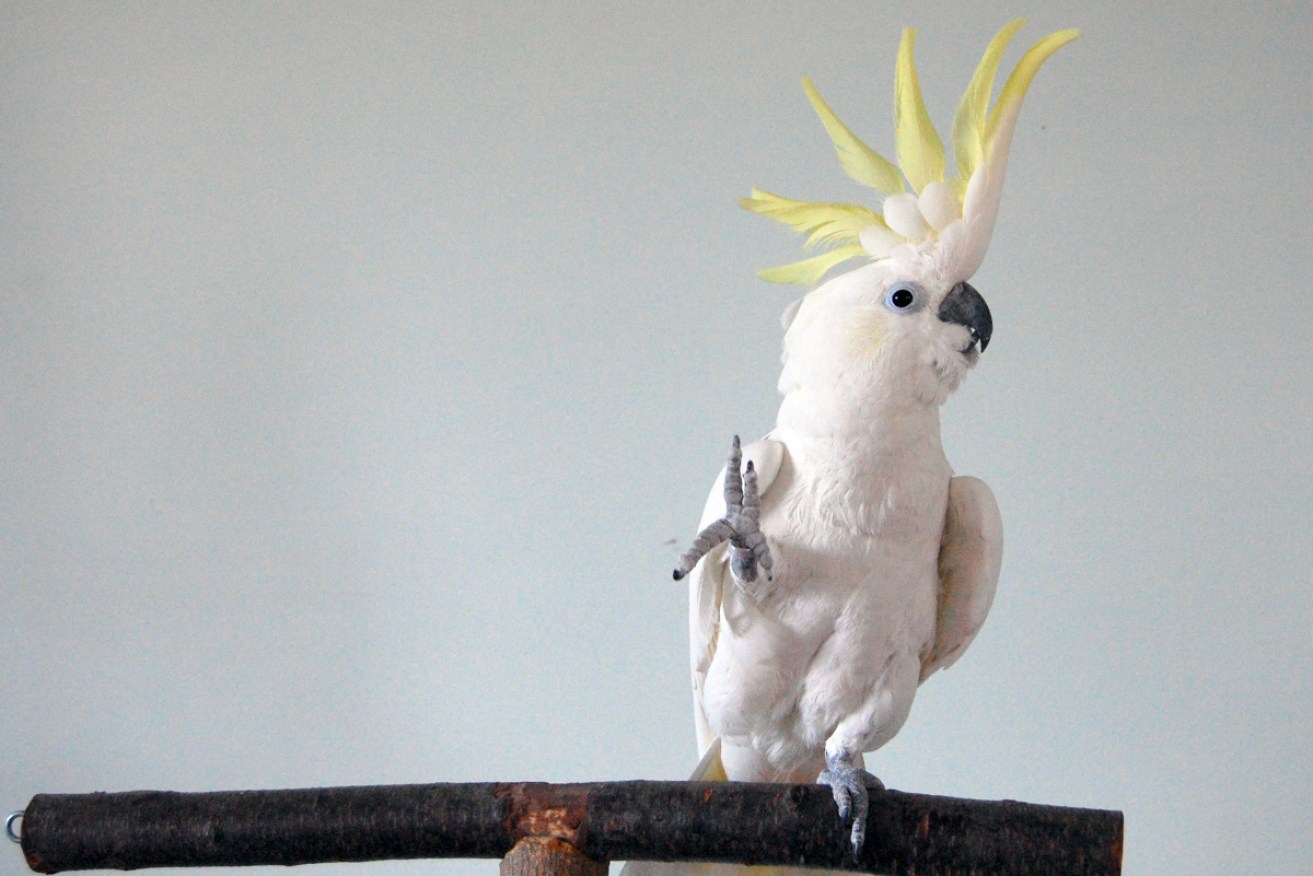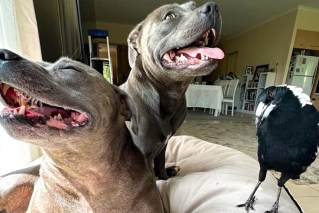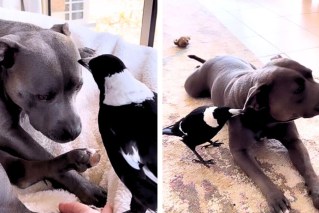Snowball the cockatoo proves dance moves are not limited to humans


Snowball shows off his dance moves. Photo: AAP
A dancing cockatoo who taught himself 14 fancy moves – including head-banging – has helped to prove that spontaneous and diverse dance moves are not unique to humans.
Snowball, a sulphur-crested cockatoo, had found fame online for his spontaneous grooving to hits such Cyndi Lauper’s Girls Just Want to Have Fun and Queen’s Another One Bites the Dust.
He also shows off creative and distinct moves, including head bangs and foot-lifts – and now he’s made scientific history.
“What’s most interesting to us is the sheer diversity of his movements to music,” said the study’s senior author Aniruddh Patel, a psychologist at Tufts University and Harvard University.
The study, published in Current Biology on Monday, said “spontaneous movement to music occurs in every human culture and is a foundation of dance”.
Such moves also occur “in parrots, perhaps because they [like humans, and unlike monkeys] are vocal learners whose brains contain strong auditory-motor connections”, which gives sophisticated processing abilities, the researchers said.
Snowball has lived at the Bird Lovers Only rescue centre in Indiana since 2007. His former owner reportedly left him with a Backstreet Boys CD, and a tip that he loved to dance.
Centre director Irena Schulz told The Atlantic that when she played the Backstreet Boys’ Everybody, Snowball “immediately broke out into his head-banging, bad-boy dance”.
Ms Schulz took a video, uploaded it to YouTube and – within a month – Snowball was a celebrity.
More recent videos show he’s also a fan of Lauper and Queen, showing off diverse and spontaneous movements that use various parts of his body, despite receiving no formal dance training.
In the videos, Snowball is seen bobbing, swinging and circling his head around in several ways, sometimes in co-ordination with foot lifts or other movements.
The analyses of the videos revealed that Snowball had a diverse repertoire of 14 dance movements and two composite movements. According to the study, this behaviour “could be a sign of creativity”.
-with AAP








